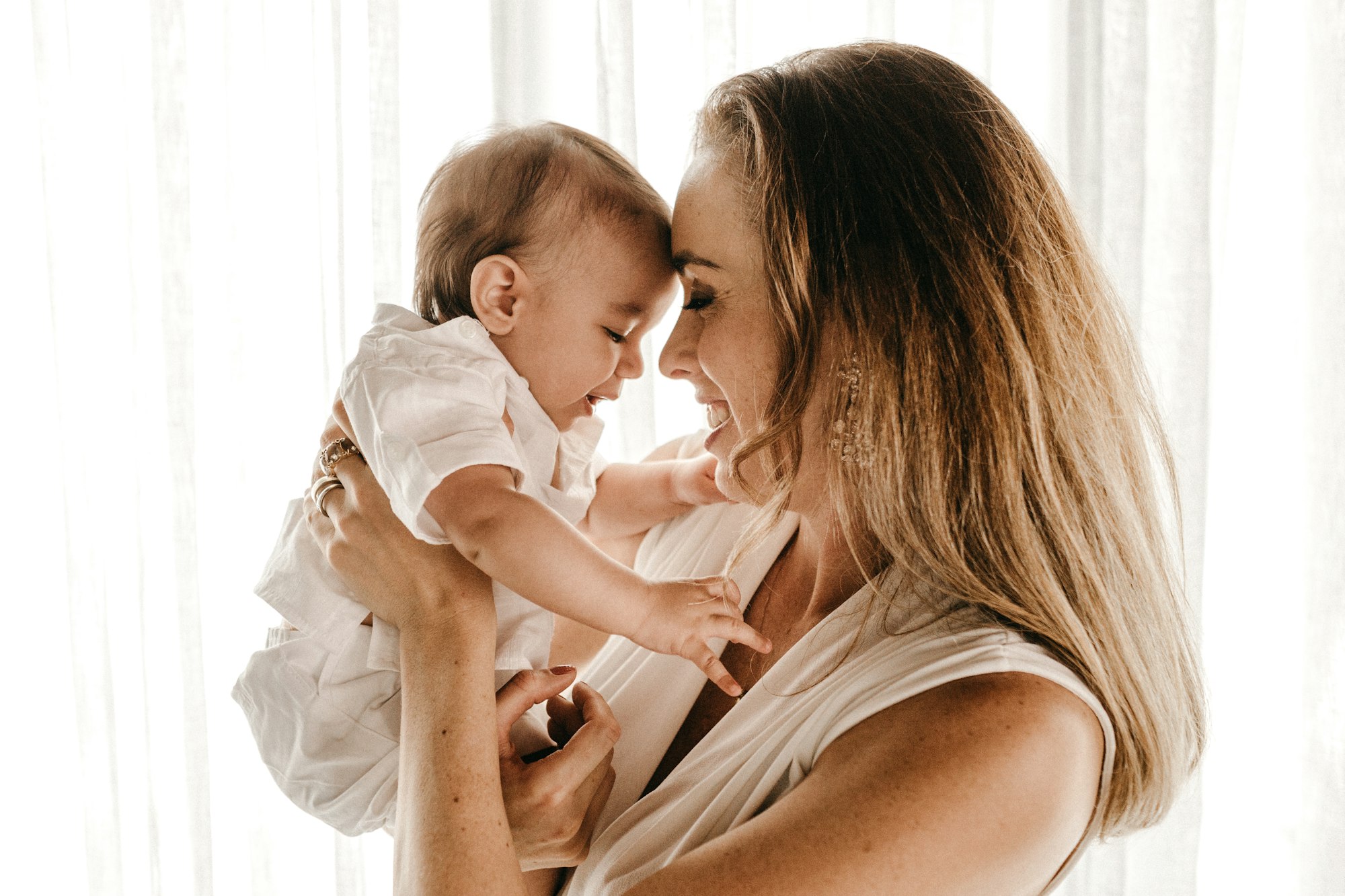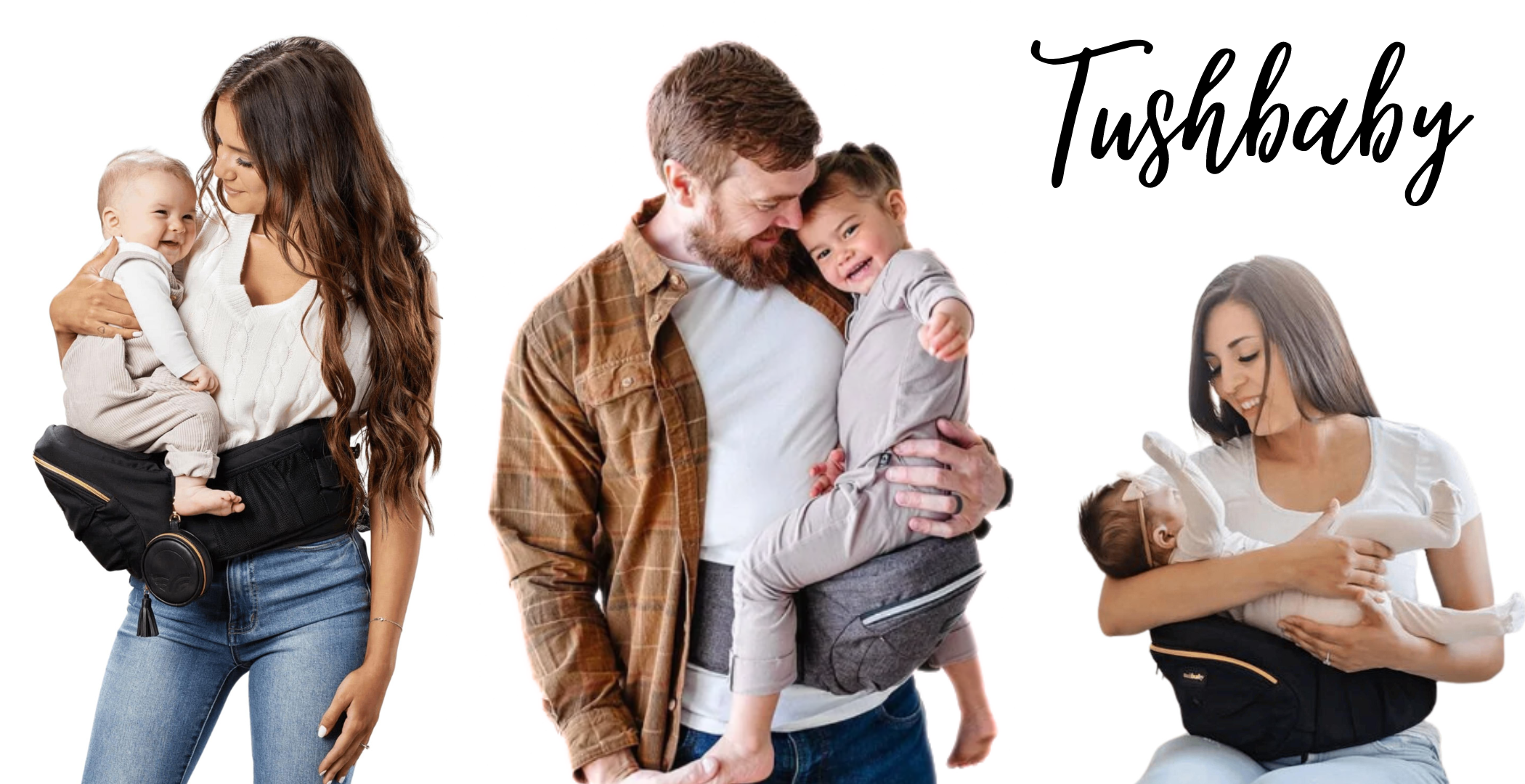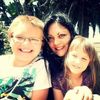Do Breastfed Babies Need to Burp?
Breastfed babies typically need to be burped less often than their bottle-fed counterparts. Some gifted breastfed babies don’t need to be burped at all. BUT, others experience terrible gas and cramps if not burped every 10 minutes while nursing. ALL babies, are different and have different needs.

Breastfed babies typically need to be burped less often than their bottle-fed counterparts. Some gifted breastfed babies don’t need to be burped at all. But, others experience terrible gas and cramps if not burped every 10 minutes while nursing. ALL babies are different and have different needs. Some mothers find it efficient to burp only after breastfeeding, while others need to burp their babies every few minutes or every time they switch breasts.
If your baby seems comfortable during a feed and does not spit up excessively after feeds, there is no reason why you need to burp them more frequently.
Breastfed babies typically need to be burped less because they swallow less air while feeding than bottle-fed babies do. But, if a mother has a fast milk let-down reflex or she produces an overabundance of milk, her baby may struggle to keep up with the flow of her milk, resulting in choking, gulping, and swallowing of air while nursing. Also, babies with acid reflux may need to be burped more often to ease their discomfort.
If you notice that your baby is uncomfortable while feeding or after feedings, you may need to burp them more often. But remember crying, to a certain extent, is developmental. It is normal for your baby to cry at times, and it is also normal for your baby to have gas, as their digestive systems are continually changing and maturing.
What If the Baby Won't Burp After Breastfeeding?
This means that your baby doesn't need to burp, which is okay as long as your baby seems happy and content.

The Tushbaby Hip Carrier
With its ergonomic design and comfortable waistband, Tushbaby provides optimal support for you and your baby. Say goodbye to shoulder and back pain from traditional carriers, as Tushbaby evenly distributes your baby's weight, relieving strain and promoting better posture.
Why Do Babies Need to Be Burped?
Burping helps to remove the air that gets trapped during feedings. The air can give your baby cramps and make them feel full. So, if your baby stops breastfeeding, maybe all you need to do is burp them, and they will have more space available for milk.
Burping can also wake your baby if they fall asleep at the breast—other ways to keep your baby awake for feedings.
When Should You Burp Your Baby?
As mentioned above, you can burp your baby at intervals during a feeding session or after a breastfeeding session. It is best to wait until your baby stops actively sucking before burping them.
Sometimes, babies may wake up crying - your baby may still have some air stuck from a previous feeding. You might find that they fall asleep again as soon as the air is released.
Babies also swallow air when they cry. Babies with colic cry a lot and need to be burped more often.

How to Burp a Baby
To burp a baby, you will need to gently pat your baby on the back and put gentle pressure on the tummy area.
Some of the best ways to burp a baby:
#1. Over-the-shoulder-burp:
Hold your baby with their chest and tummy against your shoulder, with one hand supporting your baby's bottom while the other rhythmically pats their back. Place a burping cloth or a towel over your shoulder. This is the most common position for burping newborns.
#2. Over-the-lap-burp:
Place your baby's tummy down across your lap. Make sure that your baby’s head is well-supported. Also, place a burp cloth under your baby in case your baby spits up.
#3. Sitting-up-straight-burp:
Burp your baby while sitting up on your leg, leaning forward with your hand under your baby’s chin for support while the other hand gently pats them on the back.
#4. Over-the-arm-burp:
Put your baby over your arm, as shown in the picture, and gently pat your baby on their back.
#5. Bicycling:
Gently cycle your baby's legs up towards their body like riding a bicycle (circular motions).
#6. The-bouncing-burp:
Hold your baby to your chest and support their back and head. Sit on your exercise ball and gently bounce up and down.
#7. Massage-the-burp-out:
Massage can be an excellent way to get your baby to wind down for the evening, and it is often really good at getting that trapped wind out. Learn more about baby massage here.
#8. Wear your baby:
Wearing your baby in a sling after feedings will help the gas escape. The movement and the upright position make it easy for your baby to burp and pass wind.
#9. Knee-to-chest-burp:
Bend your baby's knees up towards their chest a few times.
Baby Burping Techniques
- Avoid feeding your little one when they are overexcited; your baby will be more likely to swallow air.
- Try the different burping positions; they might burp better with one position than the other.
- Massaging your baby's belly will also help with winds. Learn how to massage your baby.
- Walking while burping your baby will also help get rid of the winds and helps to calm your baby. Learn more about wearing your baby.
- Breastfeeding mothers can prevent their babies from swallowing air by keeping them upright (45-degree angle). This can be done while breastfeeding by nursing in the laid-back breastfeeding position.
- Flexing your baby’s knees up against their chest will help get rid of trapped air and will also help to relieve flatulence.
How to Burp a Newborn
When to Stop Burping a Baby
At what age do you stop burping a baby?
After five months, most babies do not need to be burped anymore.
Burping a Breastfed Baby at Night
Keep your baby as calm as possible before bedtime. Most of the time, babies do not need to be burped at night, as they suck much slower and, therefore, swallow less air.
Knowing when and how to burp your baby will come naturally as time goes by. A nighttime routine can help calm your baby before their last breastfeeding session.
Conclusion
After breastfeeding, you should try to burp your baby. If your baby does not burp after 10 minutes, they likely do not have trapped wind. If your baby spits up a lot, you should burp your baby more often during a feed.
Breastfed babies swallow less air than bottle-fed babies since they can control the breastfeeding rhythm and have coordinated breathing and swallowing.
Some breastfed babies do not need burping at all. Some breastfed babies might need to be burped more often than once, while others only need to be burped once after each feeding.
When your baby swallows too much air, it can lead to crankiness, gassiness, and vomiting.
